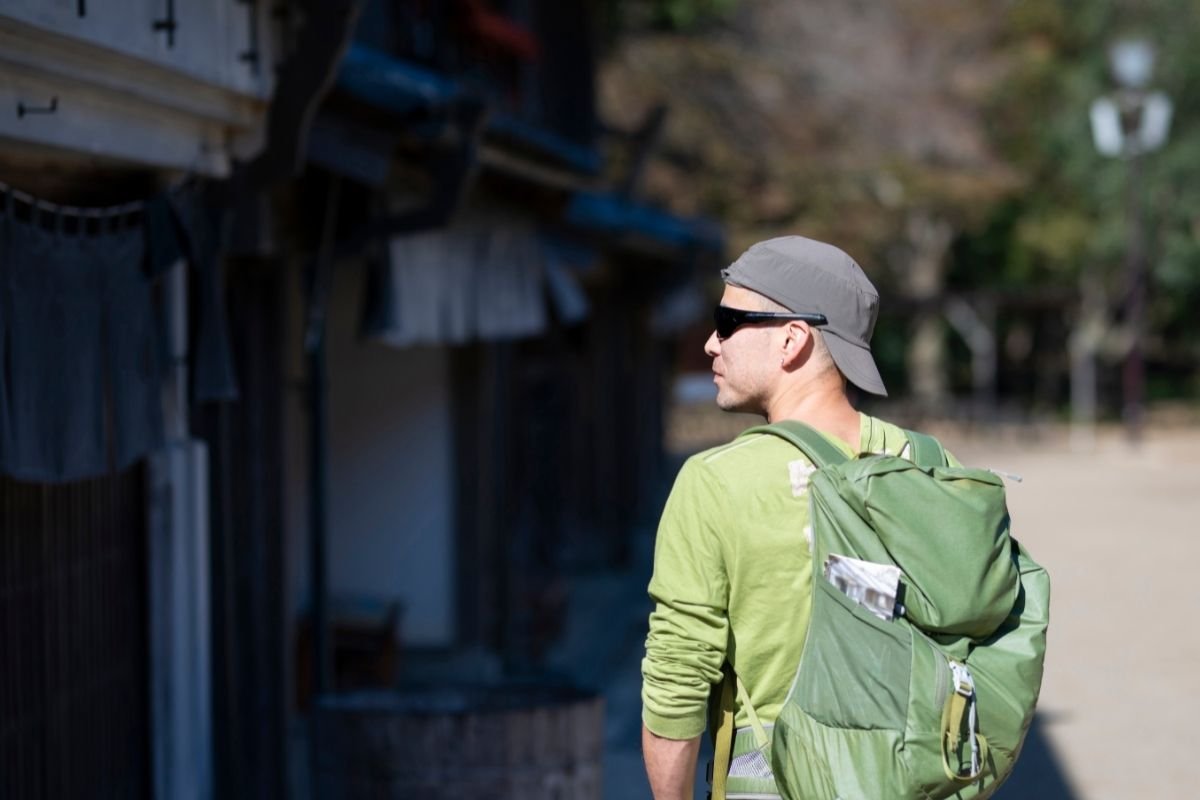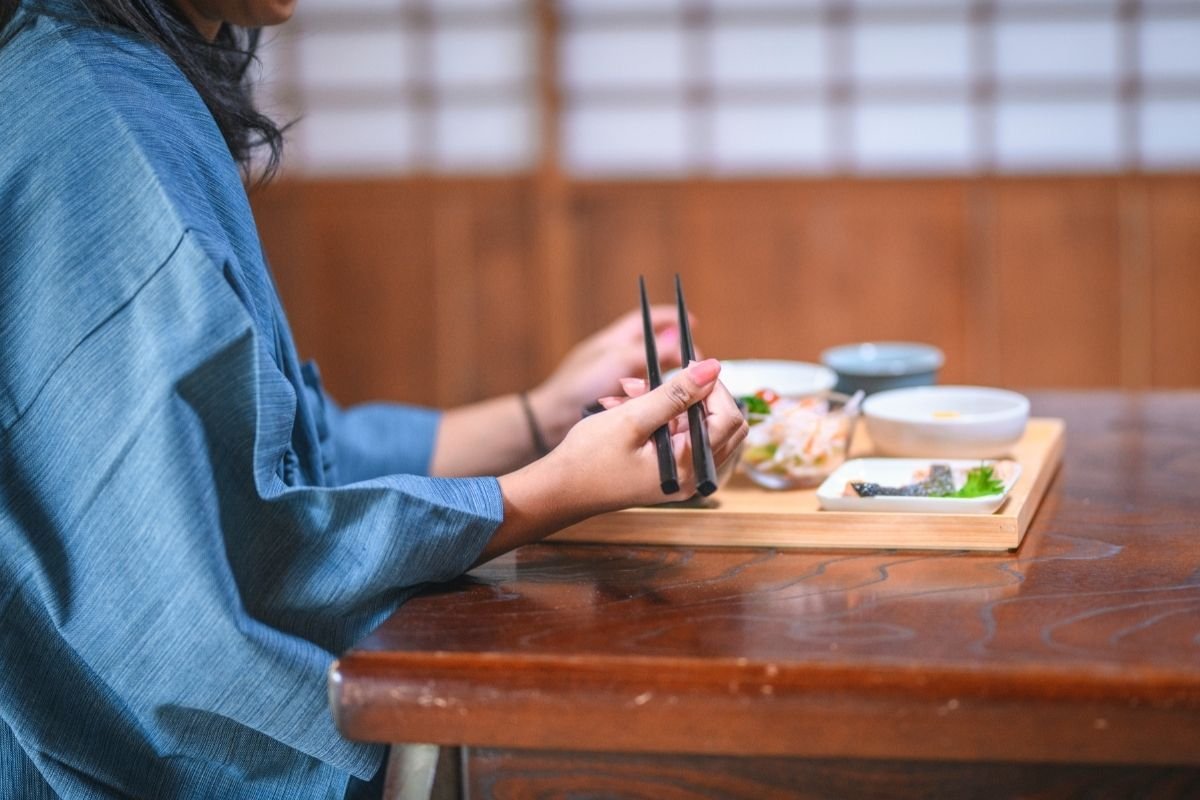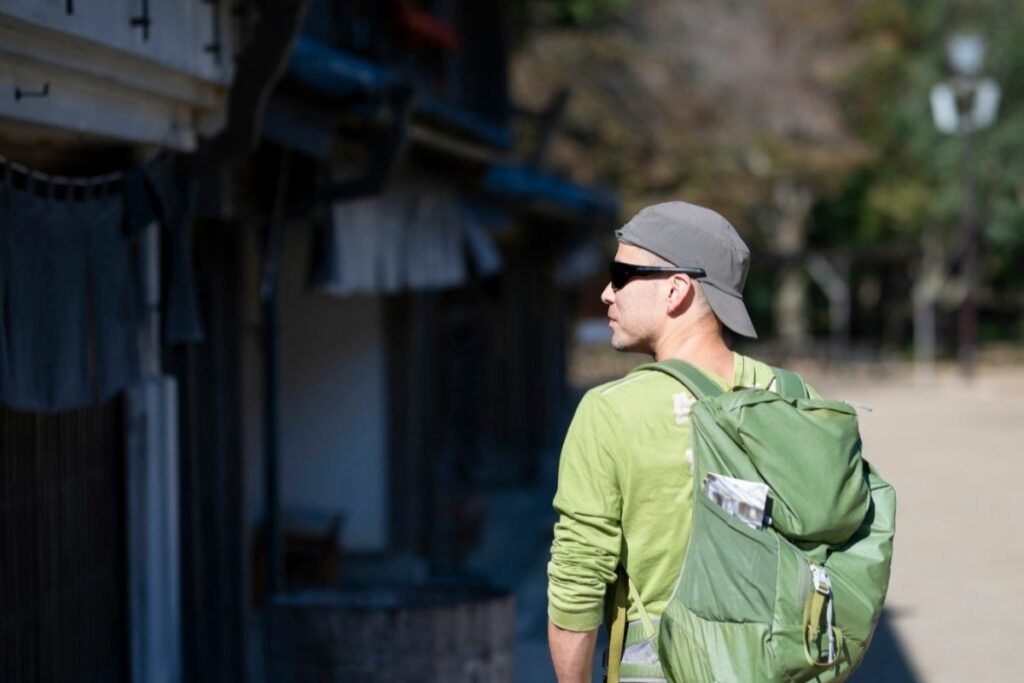If you’re American, and you’re thinking about visiting Japan, you may be wondering whether your presence will be welcomed, and accepted in Japan. Japan is a wonderful country, with its own social norms, that differ from American culture.
The prospect of visiting a country so different from your own can be daunting.

The good news is that Japanese people do not ‘dislike’ American tourists. In fact, Japanese people generally welcome everyone, from all walks of life.
With that said, any foreigners that visit Japan run the risk of upsetting the natural flow and fauna of Japanese culture (Just how big is Japan? Read here to find out more).
While no one from Japan expects foreigners to fully understand and immerse themselves into Japanese culture, there is an expectation that foreigners will understand basic Japanese etiquette.
On the flip side, if you’re an American that is reading this article, it likely means that you are respectful, and want to be a respectful tourist in Japan.
That’s a great first start, and you’re on your way to being an American tourist that will definitely be liked by the population of Japan!
So, in order to make your visit to Japan breezy, we’ll cover a range of basic etiquette that you should understand. This means explaining behaviors that you should avoid, and explaining actions that are viewed positively in Japan.
We all have different cultures, but when we’re visiting another country, it’s polite to understand the customs and traditions before traveling.
Japanese Etiquette, For American Tourists
Be Mindful Of The Queuing System
When it comes to queuing, Americans certainly take a different approach.
In America, while it’s not liked, it’s completely normal to overtake someone while in the queue or to push into line. It’s up to the individual to call someone out, or just ignore what happened. Is it rude? Yep. Is it the end of the world? Not really.
This type of rude behavior is not welcomed in Japan. It is rude, plain, and simple, and it reflects disrespect for the culture. In Japan, being polite and courteous is a must. To overtake someone in a line is deeply frowned upon.
This goes for pretty much any queuing situation – a bus stop, an elevator, and even a train platform. Yeah, you have places to go – but, so does everyone else.
Avoid Speaking Loudly
Americans are known for their loud and boisterous voices, but you’re going to have to watch how you speak when you’re in Japan.
Look, no one is saying that you have to speak quietly, that certainly isn’t what is expected of anyone. What it means is that you should be mindful of the level you are speaking at.
If you’re shouting down the phone to someone, talking excessively loudly to your friend, or basically shouting as you talk, you’re going to need to be more respectful.
That isn’t to say that people don’t shout in Japan, or talk loudly in Japan, it just means that Japanese culture is more mindful of other people. It’s a little old thing called ‘reading the room’.
If the room in which you find yourself is pretty noisy, it’s perfectly fine to talk louder, but you need to be mindful of the space you’re in.
Don’t Tip
This is an attitude that confuses a lot of westerners, not just Americans.
In Japan, it’s considered rude to tip your waitress, and even a taxi cab. That’s because there is no tipping culture in Japan (see also ‘Do You Tip in Japan?‘), and to do so can be quite insulting.
In most cases, your tip will not be accepted, or they will return the money to you once they realize you’ve overpaid. It’s an offense, and it’s not taken as a polite gesture.
To make it less confusing for Americans, in Japan, a service fee is always included in the bill at restaurants. So in theory, you do not need to tip.
While you may want to give someone a tip for exceptional service, consider just thanking them, instead of trying to give them extra money.
Don’t Eat On The Go

In America, there are only a few exceptions when it comes to places you shouldn’t eat.
In Japan, it’s a little different. Most Japanese people do not eat on the go. If you’re late to work and want to grab a quick breakfast, you’ll either keep the breakfast for a lunch break, or you’ll eat it quickly after you buy it.
In fact, while you’ll see lots of vending machines in Japan, most people consume their drinks straight away and put their rubbish in the trashcan next to the vending machine immediately.
Even when it comes to eating street food, this is usually consumed standing up, near the stall you got it from.
There’s no wandering the street eating a bagel like a typical New Yorker – in Japan, that’s frowned upon, and considered to be very bad-mannered.
Don’t Blow Your Nose In Public
This is a type of social norm that most Americans can relate to, but probably not to the same degree as Japanese culture.
In America, if someone blows their nose in public, it’s not appreciated, but you move past it. As long as they’re clean about it, it’s not a big deal. When it comes to Japanese culture, you, definitely, should not blow your nose in public.
It is considered highly disrespectful, and it reflects incredibly poorly on yourself. Even if you blow your nose very quietly, and faintly, it’s still frowned upon.
Likewise, other gross habits such as spitting and public urination are not acceptable in Japan. It’s incredibly rude and considered dirty behavior. I think that pretty much all Americans can understand this.
While public urination is undoubtedly a part of American nightlife (especially with men!), it’s not something you should do in Japan. So, if you’ve drunk a little too much, you’re going to need to hold your bladder.
Try To Use Chopsticks Right
Look, Japanese people are going to give tourists a bit of a break when it comes to consuming sushi. No one expects you to know how to eat sushi perfectly, but you should at least know how to eat with chopsticks (see also ‘Do Japanese Use Chopsticks?‘).
If you don’t know how to eat with chopsticks (see also ‘Why Are They Called Chopsticks?‘), you might just get lucky. Some restaurants might be understanding, and supply you with a fork – or offer to teach you how to use chopsticks, but other restaurants will not be able to offer any other type of utensil.
If you can use chopsticks, and use them well, that’s a big thumbs up. However, there are some other rules you need to be aware of. You should never vertically stick your chopsticks into a bowl of rice. It’s not polite, and in fact, resembles a ritual performed at funerals.
If you need to put your chopsticks down, you should use the chopstick holder. This will almost always be next to your plate.
When it comes to dining with other people, there are a couple of other rules you should follow. If you’re sharing bowls of food, do not, directly take food with your chopsticks and eat it. You should first place the food onto your plate, before eating it.
You also should never pass someone a pair of chopsticks, while using your own chopsticks. While you might find it funny or think you’re showing off your chopstick skills, it’s actually very rude and unhygienic to do so.
Do Not Pour Soy Sauce Onto Your Rice
In America, it’s pretty normal to pour soy sauce right on top of rice. It’s not considered rude, and many people find it a pretty easy way of making sure their rice gets the right amount of soy sauce.
While that’s perfectly fine in America, do not pour your soy sauce on top of your rice in Japan.
Soy sauce is poured into a small dish. It is a dish that is specifically made for soy sauce. Using chopsticks, you dip your rice, or sushi, into this dish – you never pour the soy sauce onto the rice.
While it might not seem like a big deal to you, it’s a part of Japanese culture, so you should respect it.
Summary
Japanese people do not dislike Americans. It is a generalization to say whether Japanese people will like American tourists, or not. It comes down to an individual basis.
If you’re respectful of Japanese culture, and you do your best to follow the social requirements, then you will be liked. If you ignore the social norms and etiquette of Japan, you’re not going to be thought very highly of.
So, if you want to make a good impression when you’re in Japan, do all the research you can on being a great and respectful tourist.
Remember that just because you might not find a behavior particularly rude – it’s not about you. It’s about making sure that the people around you feel respected and comfortable.
If you learn all you can, ask questions when needed, and are a polite person, you’ll be a great tourist in Japan.
- What Is a Maiko? - July 13, 2025
- What Does Domo Arigato Mean? - July 12, 2025
- What Does Naruto Mean? - July 12, 2025









